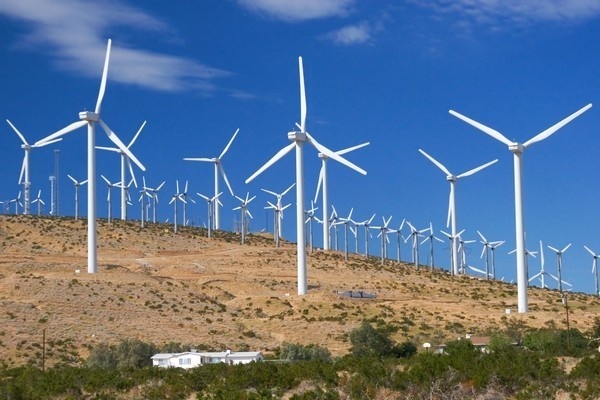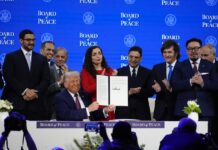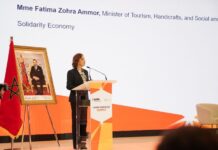The National Office of Electricity and Drinking Water (ONEE) has officially launched the 270-megawatt (MW) Jbel Lahdid wind farm in the Essaouira province. This new milestone pushes Morocco’s total renewable energy capacity to 5,440 MW, with 2,400 MW coming from wind power, now making up 45% of the country’s total electricity production capacity, according to ONEE’s recent statement.
The development is part of Morocco’s national strategy to accelerate renewable energy growth and enhance energy sovereignty, as outlined by the directives of King Mohammed VI. With this latest project, the country continues to make significant strides toward achieving its goal of 52% renewable energy in the overall energy mix before 2030.
“This wind farm represents a new chapter in our commitment to bolstering Morocco’s energy independence and fighting climate change,” said ONEE’s Director General, Tarik Hamane. He emphasized that the office is committed to actively supporting Morocco’s energy transition in line with the royal directives.
Located along the national road between Essaouira and Safi, the Jbel Lahdid wind farm spans three ridges and features 54 turbines, each with a capacity of 5 MW. Several components for the turbines were manufactured locally in Morocco. The wind farm is expected to generate approximately 952 GWh of electricity annually, enough to power a city of 1.2 million residents, such as Marrakech, Fès, or Tangier, while reducing CO2 emissions by 580,000 tons per year.
Beyond its environmental impact, the project also contributes to regional development. It has led to the construction of 74 km of new access roads connecting over 14 rural communities and the creation of more than 500 direct jobs, boosting the socio-economic well-being of the area.
Developed as a public-private partnership (PPP) with Nareva Holding and Enel Green Power, the Jbel Lahdid wind farm represents a total investment of around 3.25 billion dirhams. The project benefited from concessional financing mobilized by ONEE from international financial institutions, including KfW, the European Investment Bank (EIB), and the European Union.
This ambitious project strengthens Morocco’s leadership in renewable energy and underscores its commitment to sustainable development, both nationally and internationally.





